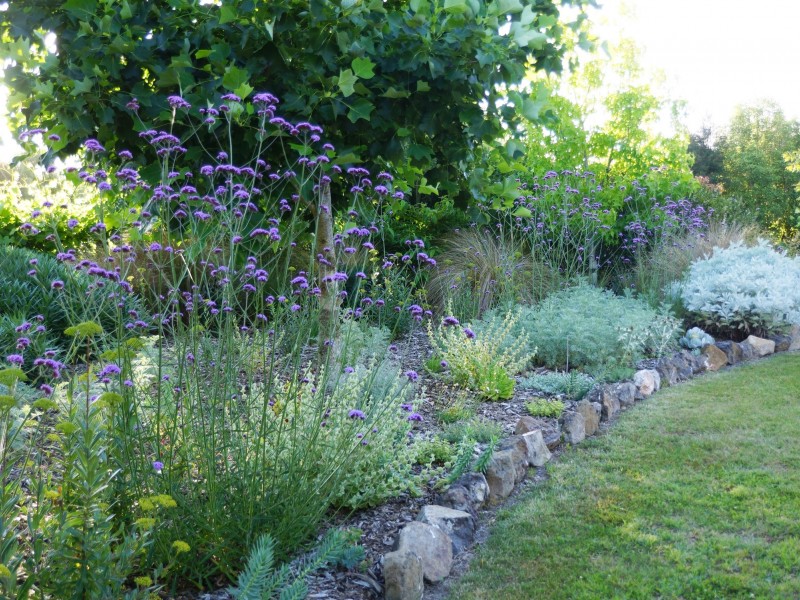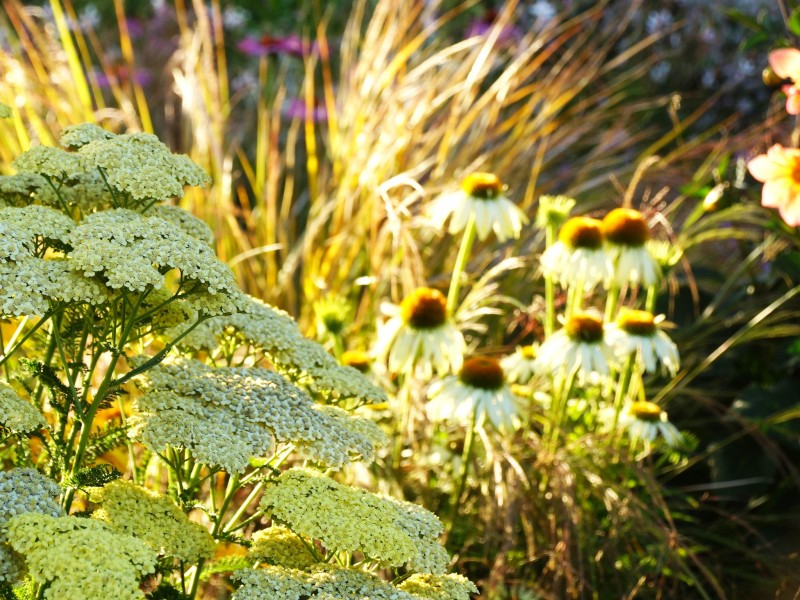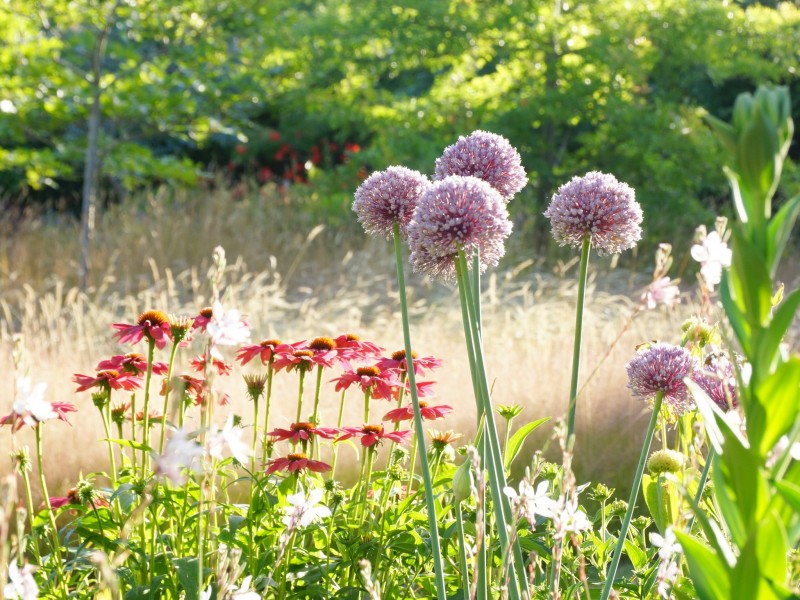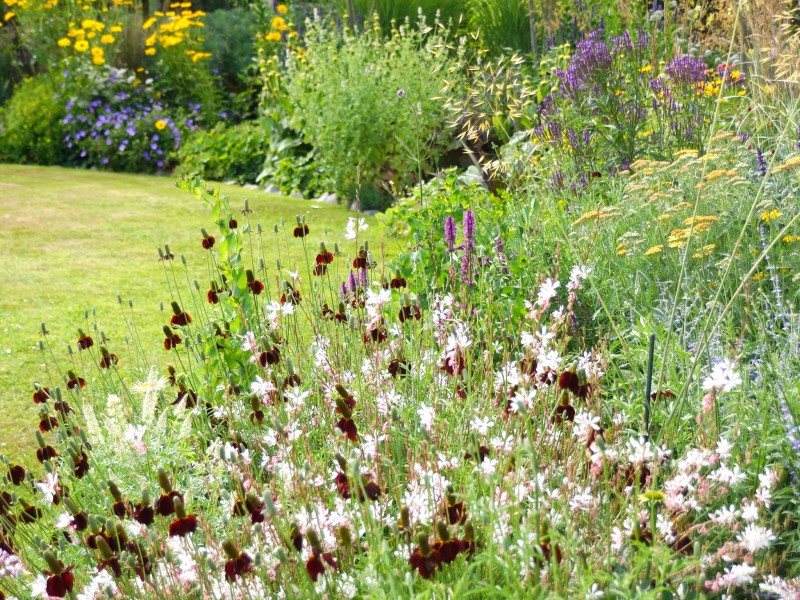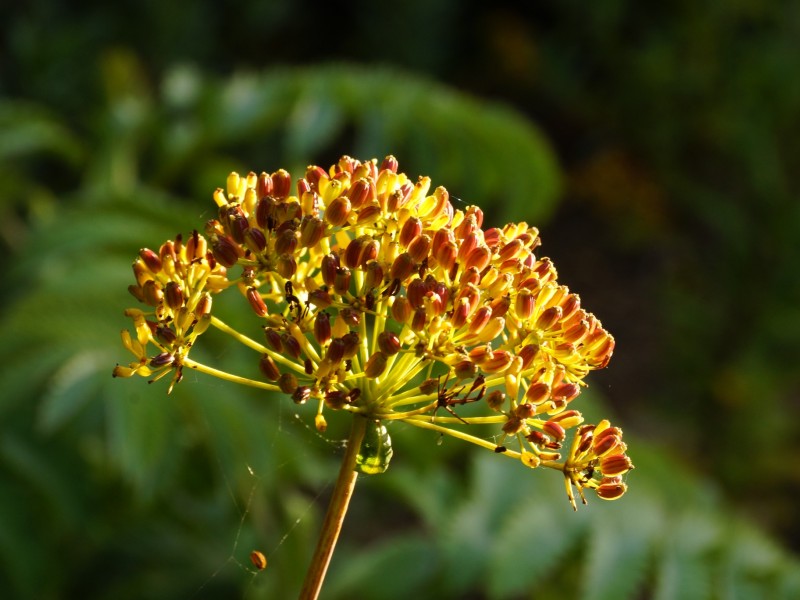Cooper is aware of the charges and believes they are a good thing, saying something like this had to happen.
What she’s created is a ‘summer dry garden’. It comes from what is called Mediterranean gardening, developed based on a specific weather system that is very similar to Canterbury - long dry summers and wet cold winters.
Cooper explains it’s a whole different way of gardening that differs from the traditional English way many Kiwis have taken to. She explains England has a much higher rainfall than New Zealand, especially in Canterbury, so the same style isn’t appropriate.
“There’s a disconnect between what’s happening in nature and how we’re treating our gardens.”
She says about three-quarters of her land is now a summer dry garden. There is no supplemental watering - everything designed to work with rainfall and natural temperatures.
Cooper urges new gardeners, especially in Christchurch, to not install irrigation. She says there’s a plethora of negative effects that will come with it including copping the council's bill.
Her top tip for watering is to get a fork and actually check whether the soil needs it, don’t just turn on the hose. She also says if it's raining, get on a jacket and water then as the plants will be more receptive.
She claims you’ve got to believe in your soil, with the exclusion of new subdivisions. Excellent and natural root systems are key. You ‘bare root’ and plant as young as you can, put them in a sea of mulch and try to have a barrier between the soil and the sun.
Cooper also pays lots of attention to plant in zones. She puts plants with similar water needs together, a simple but water-saving trick.
